
This panel discussion addresses practical issues that pertain to Jesus’ teaching on enemy love.
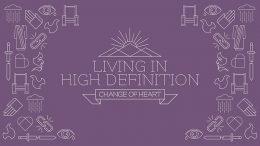
If we want to experience change in our life habits that are unhealthy and sinful, we need to learn to embrace the practice of confession. This sermon gives a clear path for entering into this little-adopted habit of the Christian faith.
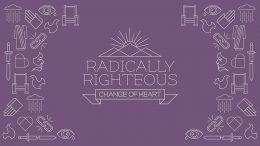
In this sermon, Tara Beth Leach provides insight into Jesus’ practical teaching regarding what it means to live in righteousness and reconciliation with others.

In this sermon, Greg provides a recap to his teaching from last week and then invites a panel of three to provide input and practical direction to the role that anger might play in our lives.

Jesus taught that being angry or insulting another person leads to the same consequences as murdering them. This is a radical Kingdom teaching that goes beyond an examination of our behaviors. It focuses on our hearts.
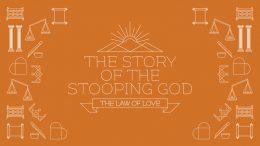
The Bible announces God’s good news. However, what do we do with the disturbing parts of Scripture, like the passages that depict God as promoting violence, animal sacrifice, or treating women as property?
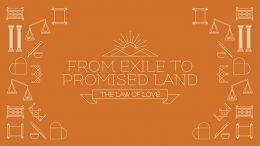
The Bible is not just a text to study. It is a way to hear and know God through the central story of Jesus who delivers us from exile.
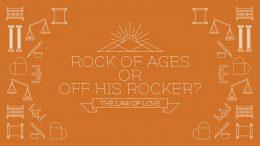
Jesus claimed that the entire Bible was about him, that he is the center of the Scriptures. This claim requires us to conclude that he was crazy or that he was correct. And if the latter, then we must decide what to do with such a claim.
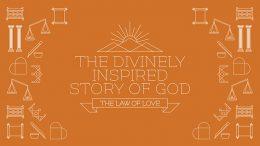
In the first part of the sermon, Greg explains the decision of leadership regarding its plans for re-opening. The second part delves into the topic of what the inspiration of Scripture means and what it does not mean. It concludes with a panel discussion about trusting the authority of Scripture in a post-modern setting.
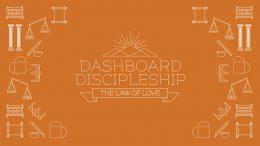
The New Testament raises expectations for obedience to the level of perfection, while at the same time offering mercy and grace when we don’t meet those expectations. What is going on with this seemingly contradictory language? How do the two work together so that we grow as disciples?